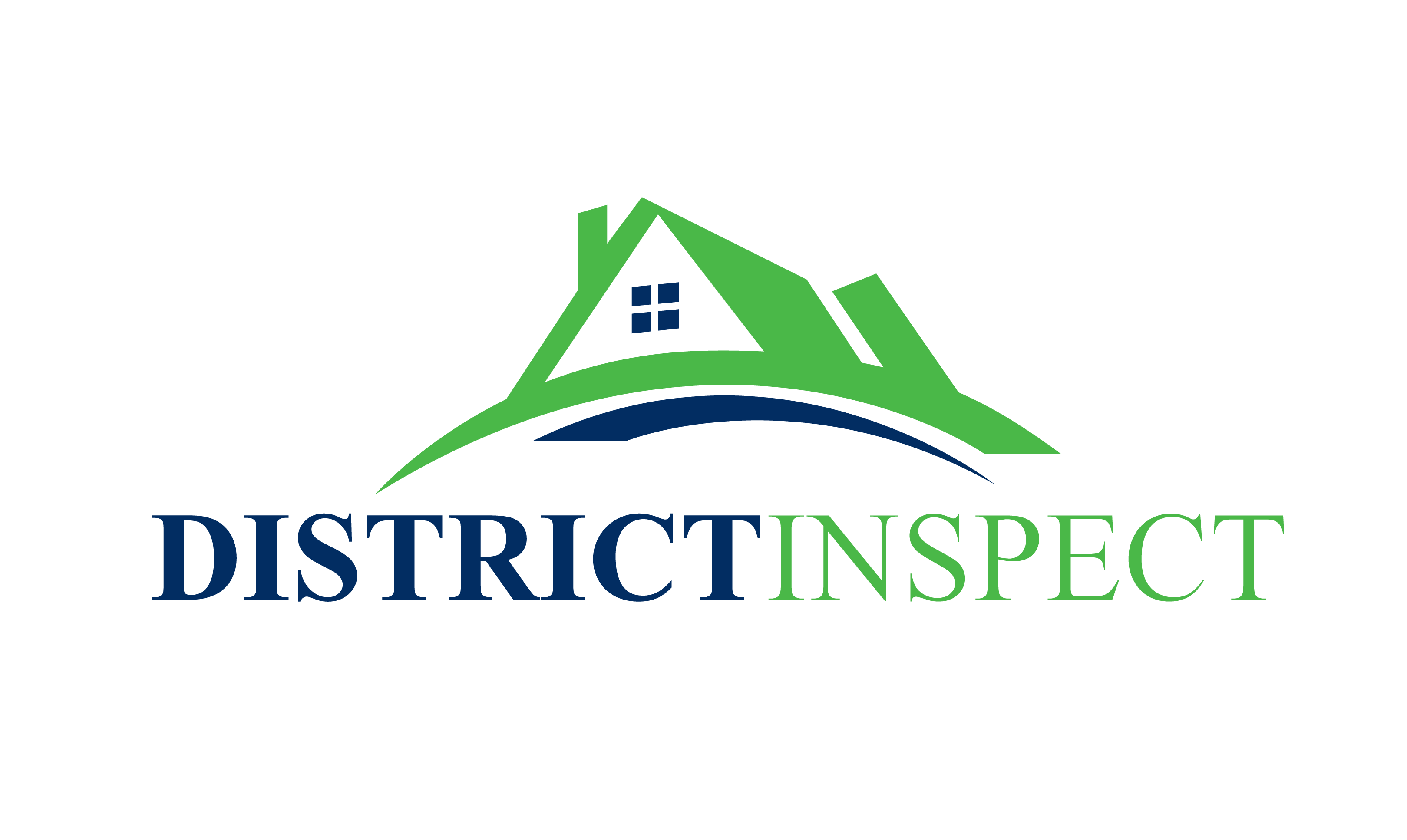Inspection of a New Home
Constructing a new house is a complex task that involves several sub-contractors, each handling different parts or components of the house.
Constructing a new house is a laborious process that involves hiring several sub-contractors, each for different parts or components of the house. Some builders outsource parts of the project to other builders who charge lower fees and often mess up the work. Even one-of-the-best builders cannot build a new house without missing out on specific tasks and end up ruining it.
With a professional home inspection, missing and messed up things can be identified and fixed to make it “a perfect new home” before you move in. It can bring peace of mind when you get your dream home, knowing that everything is in sound condition. A house inspection gives you a glimpse of your house’s condition and brings any problems to your attention. With our services, you can resolve any structural or mechanical issues before finally moving in.
Inspection of Foundation/Pre Pour
The foundation or pre-pour inspection is done once the home’s foundation gets done and the builder is prepared to pour concrete. The primary purpose of house inspection is to make sure that the foundation work was appropriately conducted. It is done before the vital in-slab components are entirely covered with concrete.
The main components inspected at this stage include-
- Perimeter Forms (steel/wood)
- Steel Reinforcement
- Moisture Barrier
- Visible plumbing components
- Drainage or site preparation
- Beam Depths & Widths for atypical configurations and reduced sizing
- Interior pads for compaction issues and form


Final Inspection
It is the last and most vital stage of home inspection carried out by a
certified home inspector to ensure all the critical areas of your property are ready before handover. They double-check all regions during the final inspection to ensure that nothing is overlooked.
- The final inspection list includes 80 items with 400 points that are the same for both seller’s and buyer’s home inspections.
Mechanical/Pre Dry Wall Inspection
A pre-drywall inspection is necessary to ensure that a house is built according to your requirements. It is a vital stage of home inspection for buyers; Pre-Drywall refers to the phase during the construction of a house just after installing doors, windows, walls, foundation, and roof components. It is done right before the drywall is hung, along with plumbing and electrical fittings.
It can be done once the insulation is installed, which makes our job more convenient. Thus, we can quickly identify whether it was done correctly or not. However, the insulation may hide some of the components just like the drywall does.
This phase of home inspection performed by a certified home inspector is essential because it can vague interior components. Drywall can make the identification or fixation of any faults in the interior both problematic and expensive once the construction of the new home finishes.
It includes inspection of the following –
- The framing of the Foundation
- Structure
- Electrical – main
- Plumbing – main
- Mechanical (Air & Heat )
- Drainage/Site condition
- Visible Steel Reinforcement
- Weatherproofing/Moisture barriers
- Exterior (sidings)
- Roofing
- Attic
- Windows and window flashing
Re-Inspection Of Home
Final walkthroughs and reinspection are necessary to make sure the new home is built according to your requirements, and everything is in the best condition. Reinspection of home undertaken by a licensed home inspector is meant to determine whether issues detected previously have been permanently corrected or not.
On the Invitation of Our Customers and Estate Agents
Our clients and estate agents regularly request our home inspectors to carry out re-inspection of their properties to check whether the issues identified during previous inspections have been entirely resolved.
What Our Re-inspection Entails

